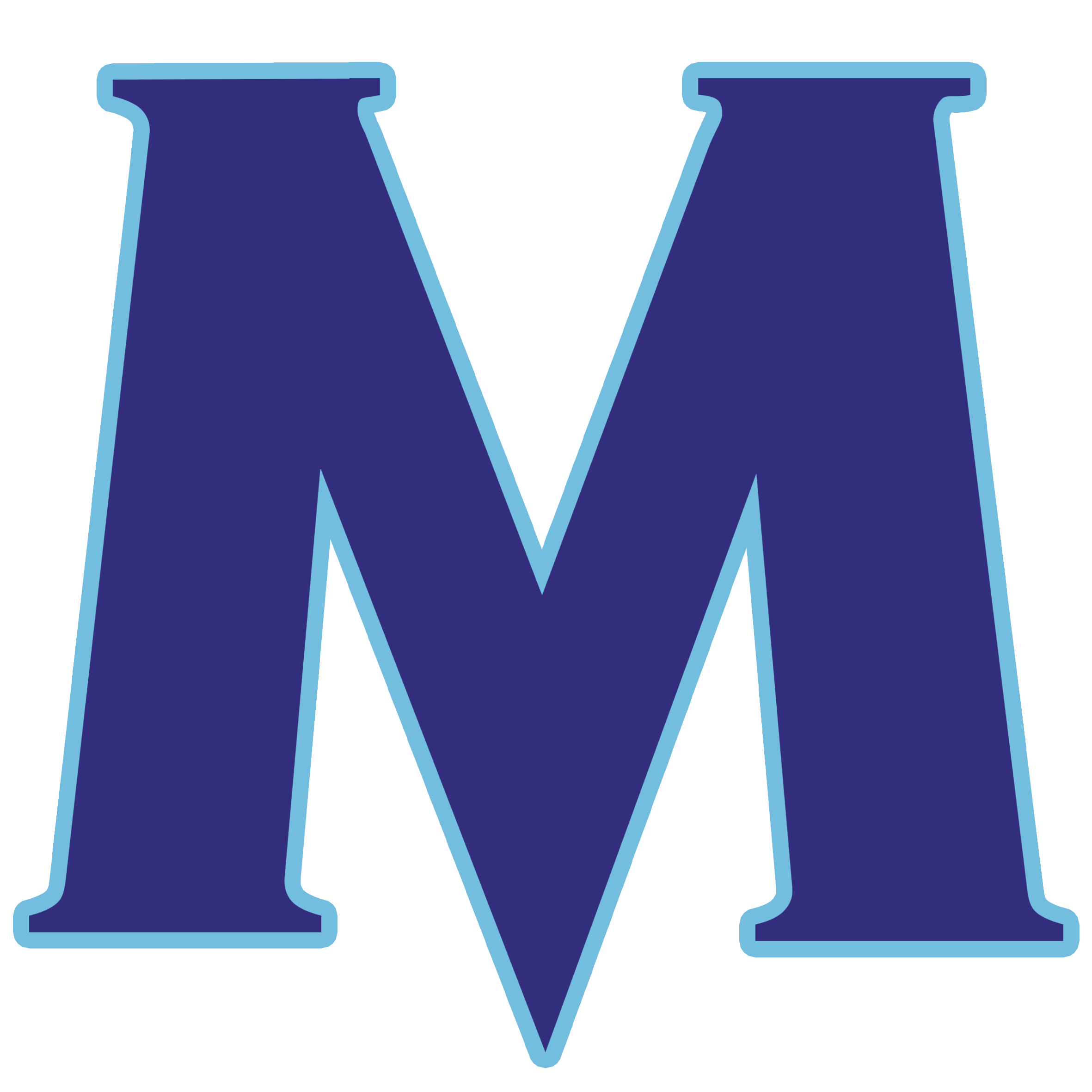The Undergraduate Study Program in the field of mathematics aims to provide high-quality learning process opportunities for students so that they can improve their abilities, motivation and learning behavior as well as a high work ethic. Students will be given an understanding and development of the basics of mathematics, which is divided into three clusters of courses namely analysis and algebra, applied mathematics (system modeling and simulation, optimization problems, data processing) and computer science (computational science and information systems).
PSSM-ITS as a leading institution in mathematics undergraduate education program with international reputation especially in anlysis, algebra and computation to support and develop applied mathematics in industrial, ocean, financial and informatic technology wiyh environmental concept.
To supply education and high quality research based on informatic and communication technology to produce mathematic graduates that:
- Respond to change and science development and technology,
- Have international quality with competency in analysis, algebra, applied mathematics, and computer science suit job market need,
- Able to help solve real problem, especially related to energy, transportation, environmental, ocean, financial, industrial and informatic technology, and
- Have entrepreneur science.
The graduates of BoMath ITS are expected to work in the following areas
- Finance, banking, and insurance: applying knowledge and skill in finance, banking, and insurance, based on mathematical and statistical methods.
- System analyst and programmer: applying knowledge and skill of programming languages and algorithm analysis, and software engineering to develop software applications.
- Data analyst: applying knowledge and skill based on mathematical thinking in data processing and programming to analyze data and its application.
- Educator: applying knowledge and skill in mathematics to give some courses in mathematics and related field.
- Logisticians: applying knowledge and skills based on mathematics of optimization in managing logistics.
- Entrepreneur: applying the knowledge and skill in mathematical thinking framework related to creative business and entrepreneurship.
- Research assistant: applying mathematics and data processing knowledge and skill in research field.
- Further study in a master program.
The curriculum of Department of Mathematics FMKSD ITS is arranged in the form of compulsory (core) courses and elective courses in accordance with the fields of study attended by students. Compulsory courses are given to provide a strong mathematical and scientific foundation for students and general subjects. The basic mathematics subject covers courses agreed upon by all mathematics majors (in this case discussed in IndoMS professional organizations) and courses that are characteristic of Department of Mathematics FMKSD ITS. Subjects must be given in semesters 1 to 8, while elective courses start to be given starting in semester 7. Elective courses are grouped by field of study (expertise).
The field of expertise provided in the 2018-2023 curriculum are:
- Analysis and Algebra: emphasizes understanding, learning and developing the basics of mathematics, analysis and algebra so as to be able to follow and develop new theories of mathematics and other sciences.
- Applied Mathematics is a merger of the fields of Simulation Modeling and the field of Operations Research and Data Processing. Modeling and Simulation is emphasizes understanding and developing the basics of mathematics, system modeling and simulation, so as to be able to develop and apply it to real problems. While the field of Operations Research and Data Processing is emphasizes understanding and developing the basics of mathematics, operations research, processing statistical data and stochastic processes so as to be able to develop and apply them in real problems.
- Computer Science: emphasizes understanding and developing the basics of mathematics, computational science and information systems so as to be able to develop and develop software professionally.
At the end of semester 6, students can choose practical work courses as a means to understand and/or apply their knowledge to solve real problems. After students complete 110 credits, students can take final project. To facilitate the final project (research activities), in the semester 7, a course on Mathematical Scientific Writing was conducted. This subject must be followed by students who are currently and will carry out the final research.
In general, the study program curriculum is guided by DIKTI and ITS standards with equivalence to the European Credit Transfer and Accumulation System (ECTS). SKS is referred to Indonesia credits system. 1 SKS = 36 study hours/semester. About the credit equivalence between SKS (Indonesia credits) and ECTS (European Credits System), it can be calculated through the formula: 1 SKS = 1.6 ECTS
| Components |
SKS |
ECTS |
| Minimum study load |
144 |
230.4 |
| Article Publication |
2 |
3.2 |
| English Proficiency |
2 |
3.2 |
| Extra Curricular |
2 |
3.2 |
| Total |
|
240 |
